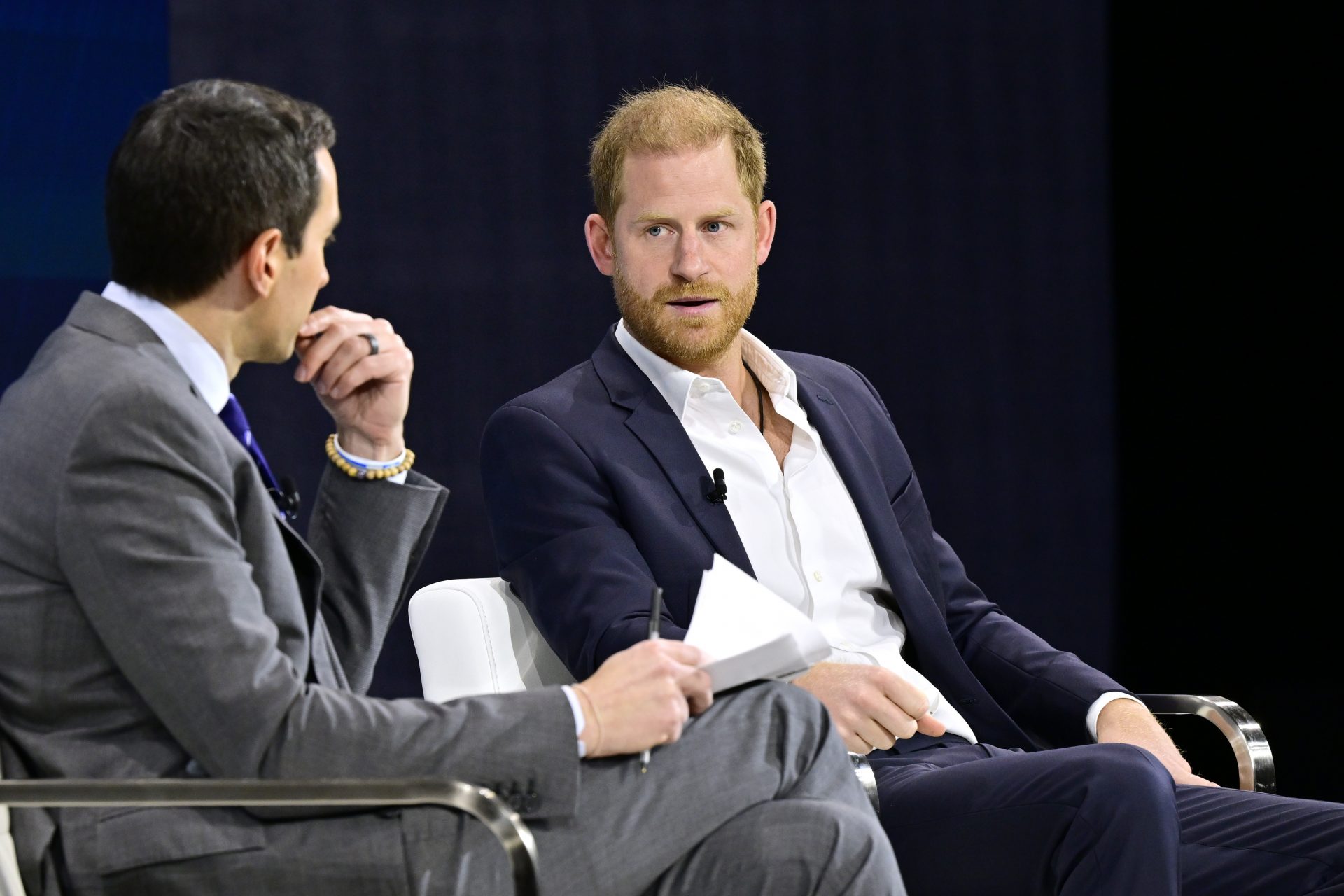The cancer diagnosis of Danielle Fishel (Boy Meets World)
Actress Danielle Fishel, known for her role in 'Boy Meets World', has revealed that she has been diagnosed with ductal carcinoma in situ (DCIS), a very early form of bre4st cancer. Fishel shared the news during an episode of her podcast 'Pod Meets World', according to the New York Post.
Fishel explained that the cancer was detected at a very early stage, known as stage zero. The diagnosis was made possible by a routine mammogram that identified the carcinoma before it spread to the bre4st tissue.
The actress stressed the importance of keeping up with medical check-ups, noting that it was thanks to her commitment to an annual mammogram that the cancer was detected at such an early stage.
Fishel said she has "big decisions" ahead regarding her treatment. She still has to meet with oncologists, radiation specialists, and hormone therapists to determine the best plan to fight the cancer.
According to the New York Post, her co-hosts Will Friedle and Rider Strong showed her their unconditional support during the episode. They assured her that they would be by her side throughout the entire process.
Fishel shared that after receiving the diagnosis, she first told her husband, Jensen Karp, and then her family. The actress has two young sons, Adler and Keaton.
Although she hadn't initially planned to go public with her situation, she said: "I had always thought [if I were diagnosed with cancer] I would suffer in silence. I would get the diagnosis, I would not tell anyone. I would tell only my small group and then I would just s*** it up. And then when I'm on the other side of it then I would tell people." However, Fishel decided to share her story to encourage others to get regular check-ups and detect cancer in its earliest stages.
According to the Mayo Clinic website, DCIS is a type of bre4st cancer that is considered noninvasive, as the cancer cells remain confined within the b r e a s t ducts. Although it has a low risk of spreading, early treatment is crucial to prevent complications.
Treatment for DCIS usually includes surgery. In some cases, it is combined with radiation therapy or hormone therapy. The goal is to eliminate cancer cells and reduce the risk of recurrence, according to the Mayo Clinic.
For her part, Fishel concluded her announcement with a hopeful message, reminding her listeners of the importance of early detection and proper treatment. Although she faces challenges ahead, she is confident that she will overcome this stage with the support of her family and friends.





















